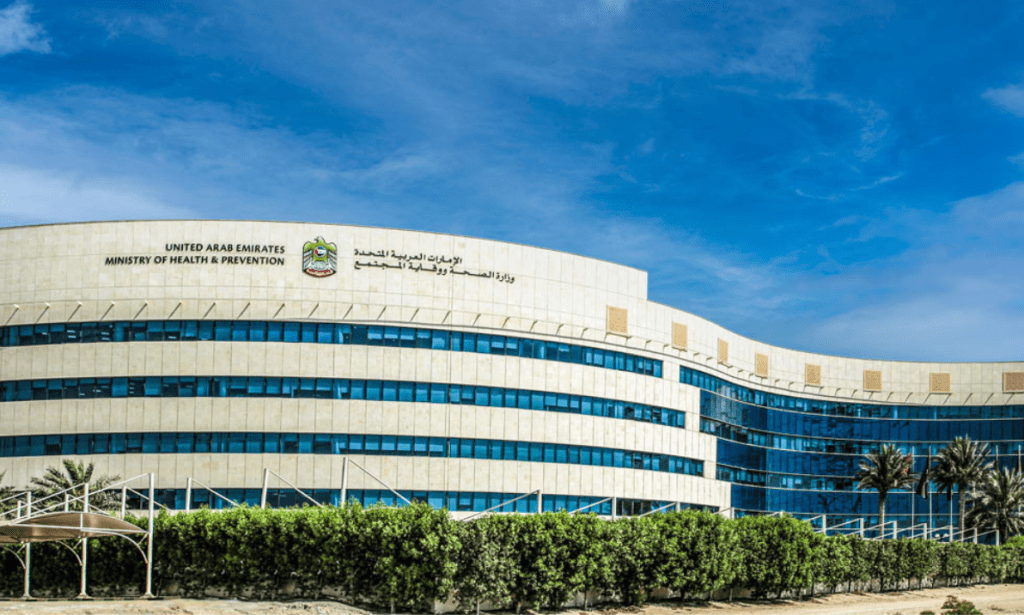In what can be described as a climatic shift in healthcare policies in the UAE, abortion has become legalized with specific conditions in the seven Emirates.
The decision is major as it is known that abortion is illegal in most of the Middle East. Let us break the new policy:
Who Made The Decision?
Brought to life by the Ministry of Health and Prevention (MoHAP) in the UAE, the government entity outlined specific cases when abortion is allowed. For those cases, they also announced procedures and guidelines that apply to each of those cases.


So When Exactly Is Abortion Legal?
There are many cases when abortion is legal. One of those cases is when the pregnancy poses a risk to the life of the pregnant woman. Another case is if the fetus has severe deformities that are supported by a medical report. Several other cases were given on when abortion is permissible.
With all these permissible abortion cases, the duration of the pregnancy at the time of the abortion procedure should not exceed 120 days.
How Should The Abortion Take Place?
The procedure is only allowed to take place within a healthcare facility licensed by the competent health authority and performed by a licensed specialist obstetrician-gynecologist.


It should not pose a risk to the life of the pregnant woman, and any personal data on the pregnant woman should remain confidential by healthcare facilities in the UAE.
Who Will Allow The Abortion Requests?
A dedicated committee will be responsible for accepting or rejecting abortion requests. Each health authority, upon a decision by MoHAP or the head of the Emirate’s Health Authority, will form its own dedicated committee.
The committee comprises three doctors: an obstetrics and gynecology specialist, a psychiatry specialist, and a representative from the Public Prosecution.
How Did The Change in Abortion Law Take Place?
This all began back in October when a new law was approved by the government stating that abortion is only permitted in the UAE if the pregnancy puts the mother’s life at risk or if the baby suffers from life-threatening abnormalities.
The new law came as part of a succession of local and federal laws, all aimed at supporting women’s rights across the country. Some of the other laws within that group include decriminalizing surrogacy as well as allowing unmarried women to undergo IVF.
What is new today is that MoHAP included other permissible cases for abortion as well as more details on how it can be allowed.
What About Other Arab Countries?
Across the Arab world are countries that completely prohibit abortion, which include Egypt and Iraq, while others allow it on certain conditions, like Morocco and Saudi Arabia, which allow it if it keeps the woman healthy.
Then there is a third group, the countries that allow abortion only to save the woman’s life, which occurs in countries like Libya, Yemen, and Syria.
With these new abortion laws in the UAE, women are given access to a safe way of ending their pregnancy, which can help avoid the risks involved with resorting to unsafe procedures.



